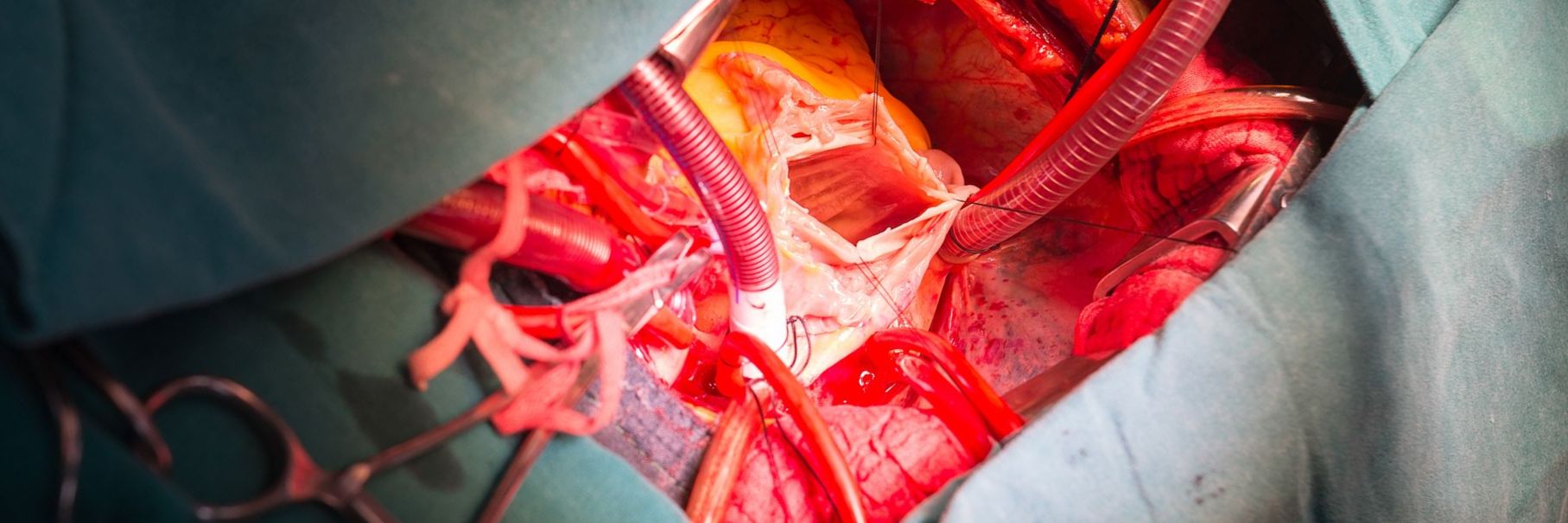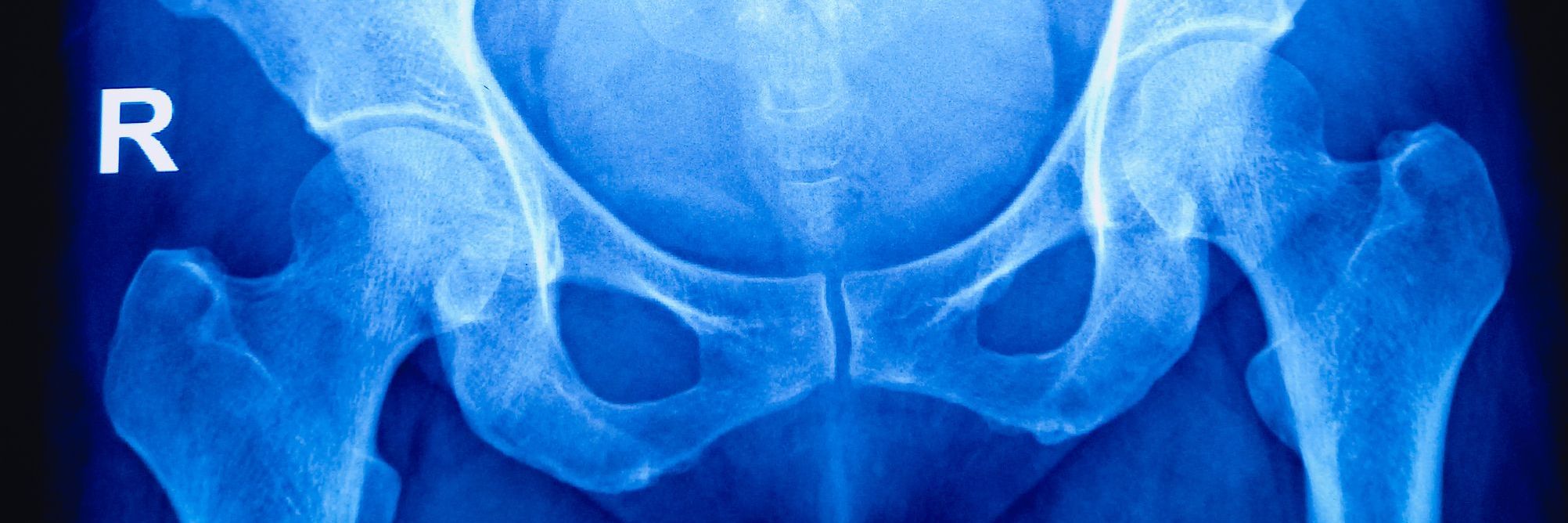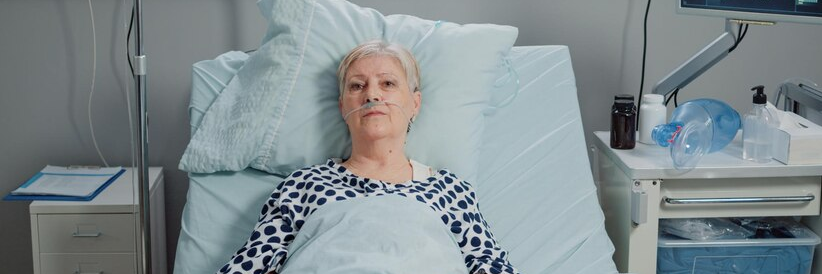The following is the summary of “BAlloon expandable vs. SElf expanding transcatheter vaLve for degenerated bioprosthesIs: design and rationale of the BASELINE trial” published in the February 2023 issue of Heart Journal by Nuis, et al.
Aortic bioprostheses implanted during surgery have a risk of deterioration and further revision surgery. Instead of undergoing major surgery again, you may choose to consider transcatheter aortic valve replacement (TAVR). Patients experiencing symptoms due to a failing surgical bioprosthesis were enrolled in the SElf expanding transcatheter vaLve for degenerated bioprosthesIs (BASELINE) trial to assess the efficacy of the balloon-expandable SAPIEN-3 Ultra versus the self-expanding EVOLUT PRO+ valve system.
Up to 50 sites in 12 countries across Europe and North America will participate in the BASELINE experiment, a prospective, randomized, open-label, superiority trial established and sponsored by the investigators. Device success at 30 days is defined by the Valve Academic Research Consortium-3 Criteria as a lack of technical failure, no deaths, no major vascular or access-related or cardiac structural complications, and the valve performing as intended (mean gradient 20 mmHg and less than moderate aortic regurgitation). All-cause mortality, stroke disability, readmission due to heart failure, or valve-related hospitalizations at 1 year are the co-primary endpoints.
Echocardiography (before, post, and 1-year post-procedure), multi-sliced computed tomography (pre, and if available post-procedure), and cine-fluoroscopy investigations will all undergo standardized assessments by independent Core Laboratories. A failed surgical aortic bioprosthesis can be treated with 1 of 2 commonly used transcatheter heart valves, and this is the topic of the BASELINE study, a head-to-head comparison of these valves.
Source: www.sciencedirect.com/science/article/pii/S0002870322002952

















